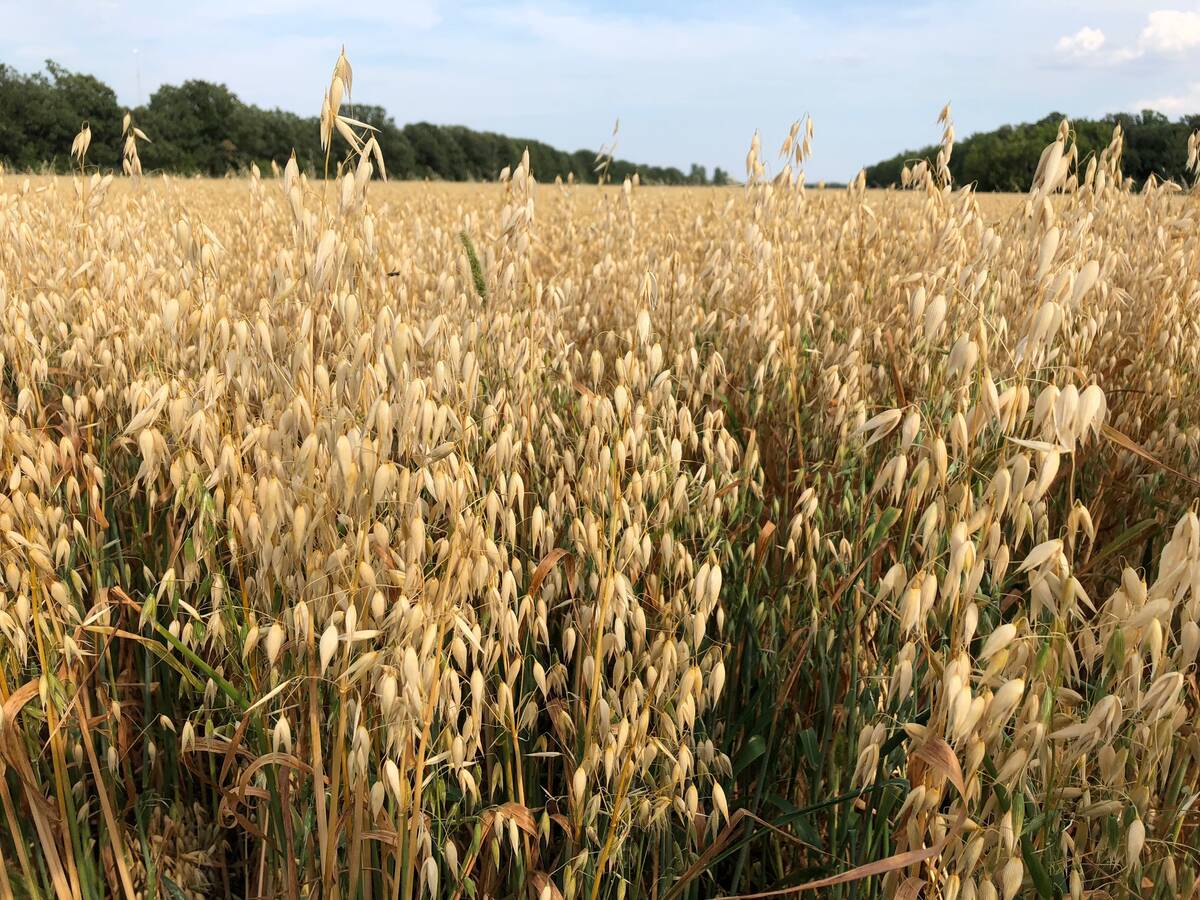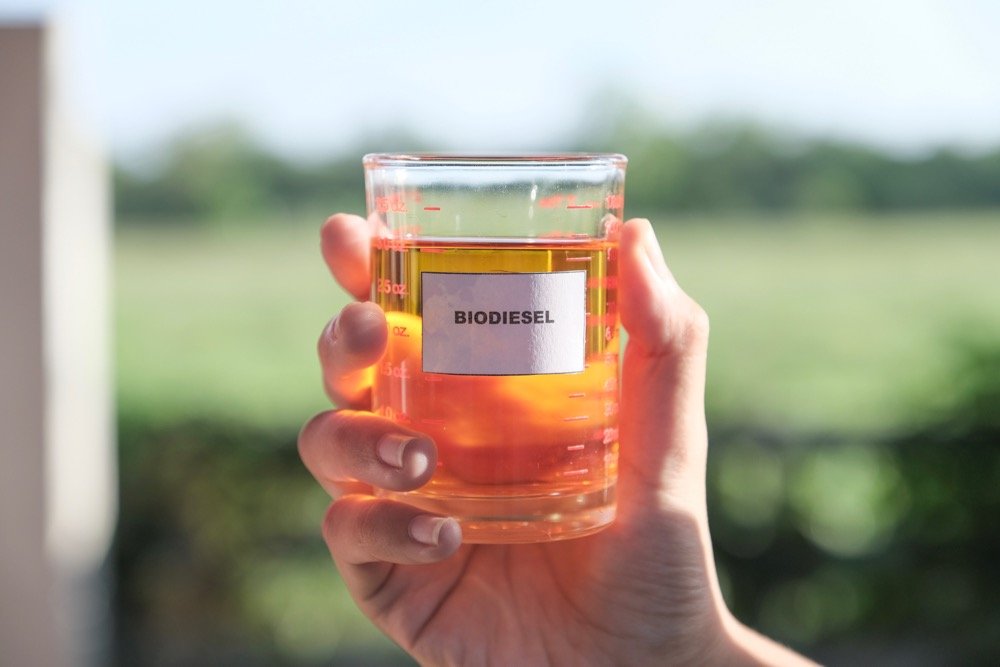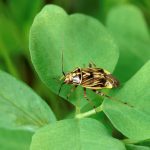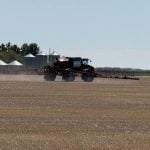Grain Farmers of Ontario wants the province’s environment ministry to reconsider the rush on the comment period for its proposed new controls on neonicotinoid seed treatments.
The province has given the public, farmers included, a 45-day period ending May 7 to comment on its proposed regulations.
“This is one of the busiest times of the year for grain farmers,” GFP chairman Mark Brock said in a release Monday. “It’s unnecessary to force farmers to choose between planting Ontario’s crops or providing input to regulations that will dramatically impact their future.”
Read Also

Big oat crop in 2025/26 pointing to less acres next year
Oat acres in Canada are likely to recede this spring with cash prices to remain low, said Scott Shiels, grain procurement manager for Grain Millers Canada in Yorkton, Sask.
The province’s ag ministry, GFO said, acknowledges May 7 and 10 as key dates for farmers to plant corn, and the first 10 days of May as “critical” for soybean crops.
Also, GFO said, the province plans to move forward with its regulations before July 1, which would be a “record fast decision” for the ministry compared to similar decisions.
GFO on Monday asked the province to demonstrate “good faith consideration of this issue” by extending the comment period until June 30 — Agricorp’s final seeding deadline for insurable crops — thus “removing any prejudgment on when (the province) will implement their decision to show they are actually listening.”
The proposed seven-week spread between the end of comments and implementation of the regulation is 10 times faster than the ministry typically takes to consider “less contentious issues that lack much engagement,” GFO said.
The proposed rules, beyond the 2016 planting season, call for farmers to pass pest management training and a field pest assessment proving a field infestation before a farmer can order neonic-treated corn or soybean seed.
The province has said its plan is meant to “contribute to reducing a major stressor on pollinators” such as bees “and other vulnerable species.” –– AGCanada.com Network















